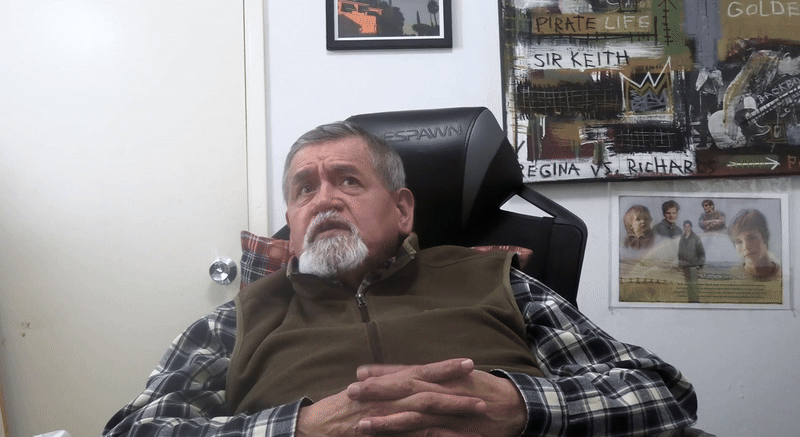PERRY BRASS
- The LGBTQ History Project
- Oct 2, 2023
- 3 min read
Updated: Oct 21, 2023
THE GAY LIBERATION FRONT,
THE GAY MEN'S HEALTH PROJECT CLINIC, AUTHOR

Perry Brass was an early member of the Gay Liberation Front, the pioneering gay activist group organized after the 1969 Stonewall Rebellion. Shortly after he dove headfirst into the Gay Liberation Front, he co-edited their magazine, Come Out!, which gave a face to downtrodden LGBTQ people. Later that year, Gay Liberation Fronts popped up worldwide, and radical queers began fighting for the equal rights that they knew they deserved. In 1972, he co-founded the Gay Men's Health Project Clinic, the first clinic for gay men on the East Coast. The Gay Men’s Health Project Clinic encouraged safe sex 15 years before the AIDS pandemic and still remains invaluable to HIV/AIDS prevention surviving as New York’s Callen-Lorde Community Health Center. He is a published author and has penned over 19 books. In 2016, true to his radical self, he was banned from Facebook.
"The thing that prepared me for being gay was growing up Jewish and Southern. I describe myself as coming from a hybrid of four parts: I grew up Southern, Jewish, gay and impoverished. My father died when I was 11 years old, and our family was just thrown into abject poverty. We ended up in a public housing project where we were the only Jewish family. I was constantly harassed and beaten up. I was a total outsider.
I was a small kid. Very often the other Jewish kids would protect me from the kids who bullied me—I was very grateful for that. They also understood how I was growing up in poverty. They were usually nice to me. So, that was very good. The most difficult thing was growing up with my mother. My mother was never able to work, and I never quite understood this. She was prone to, I guess you would call them, fits of depression where she announced in the morning, “I’m feeling a little depressed today.” This meant she would end up going into these situations where for hours on end she would start screaming, throwing things and crying. I would have to help her through these horrible periods.

My sister would just leave the house. My sister just couldn't take it. My sister is two years younger than I am. She and my mother had a terrible relationship with each other and my sister ended up leaving home at 14. She put herself, voluntarily, into a home for abandoned girls. My mother had been this really beautiful woman. Both of my parents were very attractive. My father was a handsome guy with beautiful blue eyes and curly hair. He looked kind of like Cornel Wilde and my mother was a tall, Jewish woman who looked kind of like Bess Myerson, the first Jewish Miss America. Coming from this background of two attractive parents, I didn't understand all the secrets going on in my family. Finally, years later, I realized what the secrets were. The secrets were that my mother was a closeted lesbian and a violent, paranoid schizophrenic. She eventually came out. She never wanted to be married and was basically forced into it by the mores of the South. She got married when she was 22 years old. I was born when she was 23. She had these secrets that she had to keep, and they caused this huge tension and violence in her life. I did not know about the last secret at all. I did not know that she had been diagnosed as schizophrenic until after her death. At her funeral, one of her brothers let that cat out of the bag. Suddenly, I understood that she had been extremely disturbed. She was barely able to be a mother. Basically, from the age of about 12, I raised myself—my sister and I both raised ourselves, and I learned how to think for myself. I became extremely independent. That was very helpful growing up gay in Georgia. I realized, certainly by the time I was 12, maybe by the time I was eight or nine, that there are two realities in the world. There is the reality of the world as it wants to appear and the reality of the world as it really is.
The world as it really was, in the South, was a world in which white people were way above black people and no queers existed. They were just these sorts of people you made fun of and hated—you learned to hate them. I guess the turning point in my life in the South, certainly, was when I was 15. I tried to kill myself. My mother and I reached a point where we were at total war with each other and I knew that I was going to be gay."





Comments